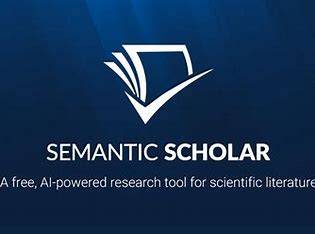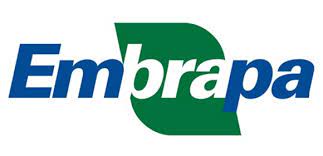HYGIENIC AND SANITARY DIAGNOSIS OF MEAT SANDS IN FAIRS OF THE MUNICIPALITY OF PINHEIRO (MA)
DOI:
https://doi.org/10.47820/recima21.v4i2.2713Keywords:
free fairs, hygienic-sanitary, health legislation, goods, microorganismsAbstract
Initially, the emergence of the first free fairs, around the ninth century in Europe, aimed to allow people to exchange the surplus goods of their production for others to meet their needs. With the introduction of coins into commerce, the commercial revolution began, resulting in the definitions of producer, seller and consumer that are used today. Free fairs are in almost all Brazilian cities and have a strong link with the Northeast region of Brazil, since the supply of goods destined to meet the needs of the local population occurs, as well as attracts consumers from nearby cities, resulting in the flow of people, capital and goods. The present work aims to evaluate the hygienic-sanitary conditions of the stalls that sell beef in the street market in the municipality of Pinheiro (MA), thus generating information for further actions by the public authorities. Through the application of checklists, it becomes possible to investigate the hygienic conditions of food producing and/or industrializing establishments, allowing to compare the reality found with the norms recommended by the current health legislation. According to the aspects analyzed in this work, it was found that the hygienic-sanitary parameters are not met. In view of this, it is necessary to adopt some important measures with the aim of enabling adaptations to current regulations and guaranteeing safe food for consumers.
Downloads
References
ANVISA. Resolução RDC 275, de 21 de outubro de 2002. Regulamento Técnico de Procedimentos Operacionais Padronizados aplicados aos Estabelecimentos Produtores/Industrializadores de Alimentos e a Lista de Verificação das Boas Práticas de Fabricação em Estabelecimentos Produtores/Industrializadores de Alimentos. 2002. Diário Oficial da União. Brasília, DF, 2002.
IBGE. Censo 2018. Gov.br. Disponível em: < https://www.ibge.gov.br/ >. Acesso em: 18 fev. 2021.
MAPA. Instrução Normativa 62, de 29 de dezembro de 2011. Regulamentos Técnicos de Produção, Identidade e Qualidade do Leite tipo A, do Leite Pasteurizado e do Leite Cru Refrigerado e o Regulamento Técnico da Coleta de Leite Cru Refrigerado e seu Transporte a Granel. 2011. Diário Oficial da União. Brasília, DF, 2011.
Downloads
Published
How to Cite
Issue
Section
Categories
License
Copyright (c) 2023 RECIMA21 - Revista Científica Multidisciplinar - ISSN 2675-6218

This work is licensed under a Creative Commons Attribution 4.0 International License.
Os direitos autorais dos artigos/resenhas/TCCs publicados pertecem à revista RECIMA21, e seguem o padrão Creative Commons (CC BY 4.0), permitindo a cópia ou reprodução, desde que cite a fonte e respeite os direitos dos autores e contenham menção aos mesmos nos créditos. Toda e qualquer obra publicada na revista, seu conteúdo é de responsabilidade dos autores, cabendo a RECIMA21 apenas ser o veículo de divulgação, seguindo os padrões nacionais e internacionais de publicação.

 Clique para ver detalhes
Clique para ver detalhes 











